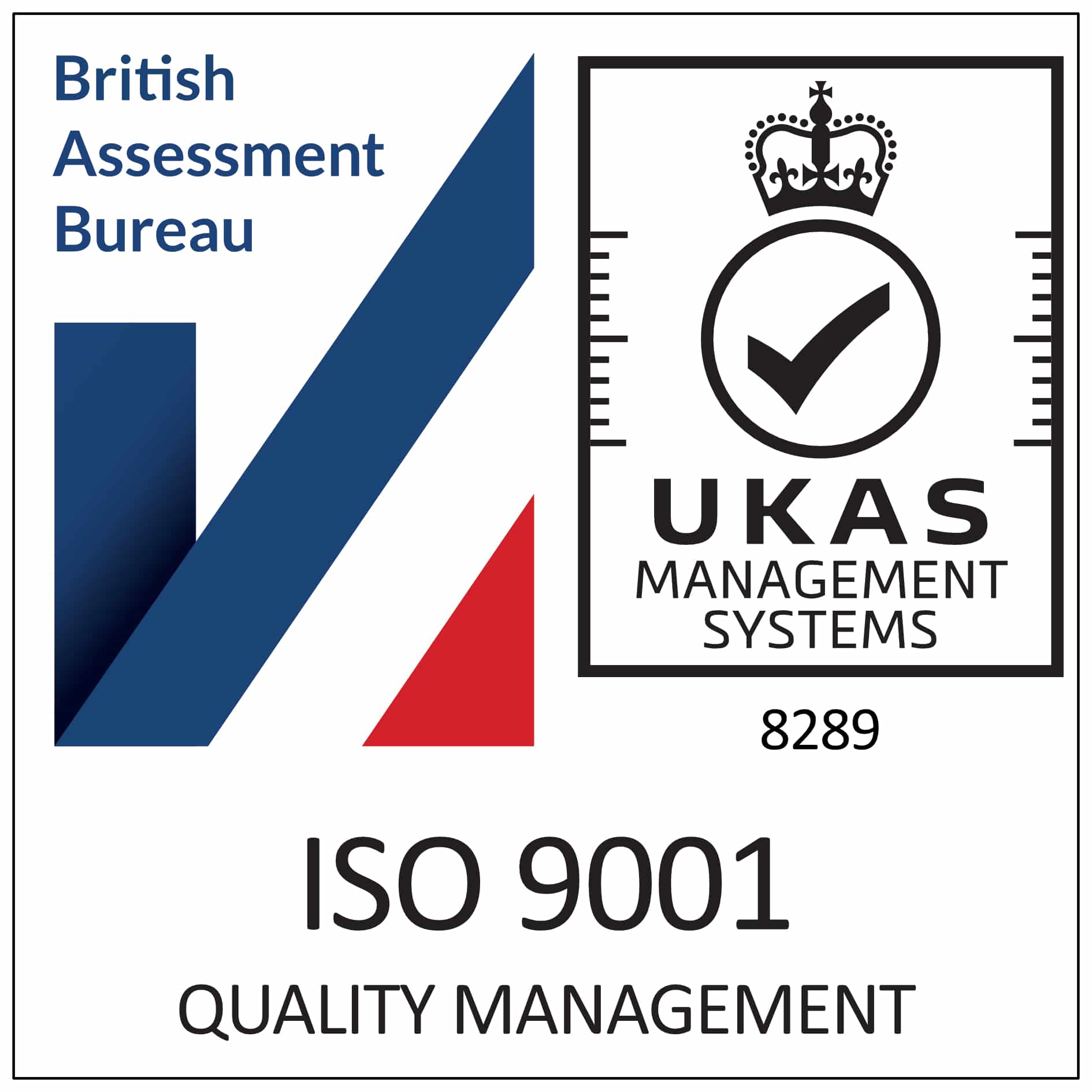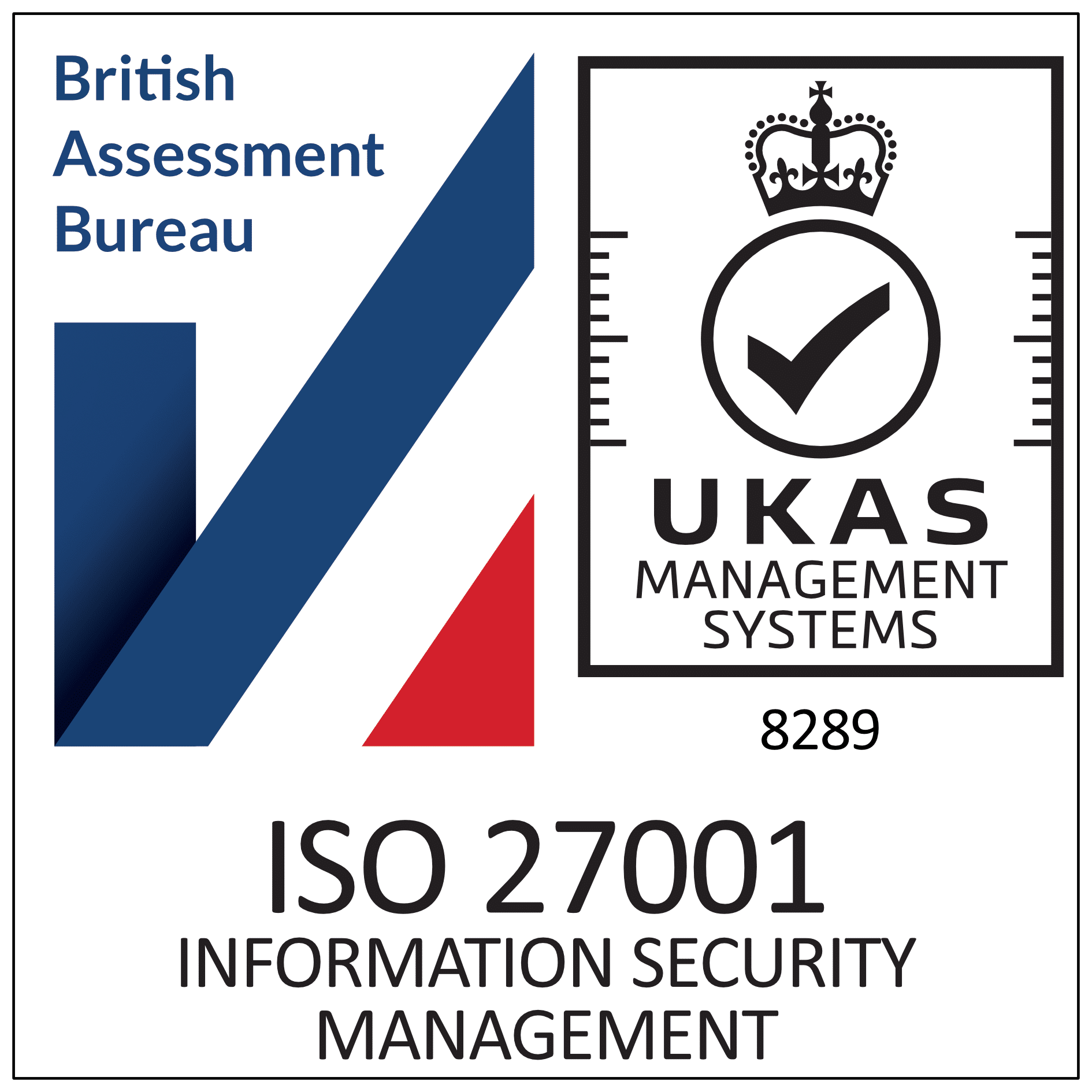In the dynamic realm of contemporary manufacturing, the significance of Quality Assurance and Control cannot be emphasised enough. It is of utmost importance to guarantee that your products adhere to rigorous quality standards and are void of any defects, as this is pivotal for achieving success. The incorporation of state-of-the-art technology has brought about a paradigm shift in the manufacturing industry, and Microsoft D365 stands out as a pivotal innovation. Within this blog post, we will delve into the pivotal role that Microsoft D365 can play in elevating the standards of Quality Assurance and Control within manufacturing processes.
The Evolution of Quality Assurance in Manufacturing
Quality Assurance (QA) and Quality Control (QC) have come a long way since their inception. The traditional methods that involved manual inspection and sampling have evolved into sophisticated systems that utilise cutting-edge technology. In modern manufacturing, quality assurance extends beyond just defect detection; it encompasses the entire product lifecycle, ensuring consistent quality from design to delivery.
The Role of Data Analytics in QA & QC
One of the most transformative elements in modern Quality Assurance and Control is the integration of data analytics. Manufacturers are harnessing the power of big data to gain unprecedented insights into their processes. Through real-time data collection and analytics, companies can spot deviations, optimise processes, and proactively address quality issues.
Quality Control: From Reactive to Proactive
Quality Control, once primarily a reactive process, has become proactive thanks to advancements in technology. Smart sensors and Internet of Things (IoT) devices are now embedded in manufacturing equipment, constantly monitoring and sending data to central control systems. This real-time information empowers manufacturers to predict defects before they occur, reducing waste and improving overall quality.
The Rise of Lean Manufacturing Principles
Lean manufacturing principles have gained prominence in QA and QC. Companies are striving for efficiency by reducing waste, streamlining processes, and optimising resource utilisation. By eliminating unnecessary steps and focusing on value-added activities, they ensure that every aspect of the manufacturing process contributes to quality.
Adherence to ISO Standards and Compliance
Quality Assurance in the manufacturing industry is closely tied to compliance with international standards, with ISO 9001 being a benchmark for quality management. Adhering to these standards ensures that processes are documented, monitored, and consistently improved. Compliance not only enhances the quality of products but also opens doors to international markets.
Microsoft D365 Revolution for Quality Assurance & Control

End-to-End Visibility:
Microsoft D365 provides real-time insights into your manufacturing processes. By integrating data from various sources, it offers a comprehensive view of your production line. This visibility enables proactive monitoring, allowing you to catch issues before they escalate.
Quality Analytics:
D365’s powerful analytics tools allow manufacturers to identify patterns and trends in their quality data. This capability is invaluable for making data-driven decisions and continuously improving processes.
Predictive Maintenance:
D365 can help predict when machines and equipment might fail, allowing for preventive maintenance. This not only reduces downtime but also ensures that production is not compromised due to equipment issues.
Supplier Management:
Quality assurance isn’t limited to in-house processes. D365 can also be used to monitor and manage supplier quality, ensuring that the raw materials and components you receive meet your standards.

Compliance and Documentation:
Quality standards and regulations in manufacturing can be complex. D365 helps in ensuring that you meet compliance requirements and maintain detailed documentation of your QA processes.
Integration with IoT:
The Internet of Things (IoT) is a game-changer for quality control. D365 can integrate with IoT devices and sensors to gather real-time data from your production line, enabling you to react to issues as they arise.
Collaboration and Communication:
D365 enhances collaboration among teams, including design, production, and quality control. Effective communication is key to ensuring quality at every stage of manufacturing.
Conclusion
Quality Assurance and Control in manufacturing have evolved to become more data-driven and proactive. The convergence of data analytics, IoT, lean principles, and compliance standards has reshaped the landscape, enabling manufacturers to produce high-quality products efficiently and consistently. Microsoft D365 offers a robust platform for manufacturers to enhance their quality processes, ensuring products meet high standards consistently.
With the adoption of innovative tools like Microsoft D365, manufacturing companies can take their commitment to quality to the next level. D365 is not just a tool but a strategic asset that can revolutionise manufacturing operations, ushering in a brighter future for quality, efficiency, and competitiveness in the industry. In the modern manufacturing world, it’s not just about what you make; it’s about how well you make it.




